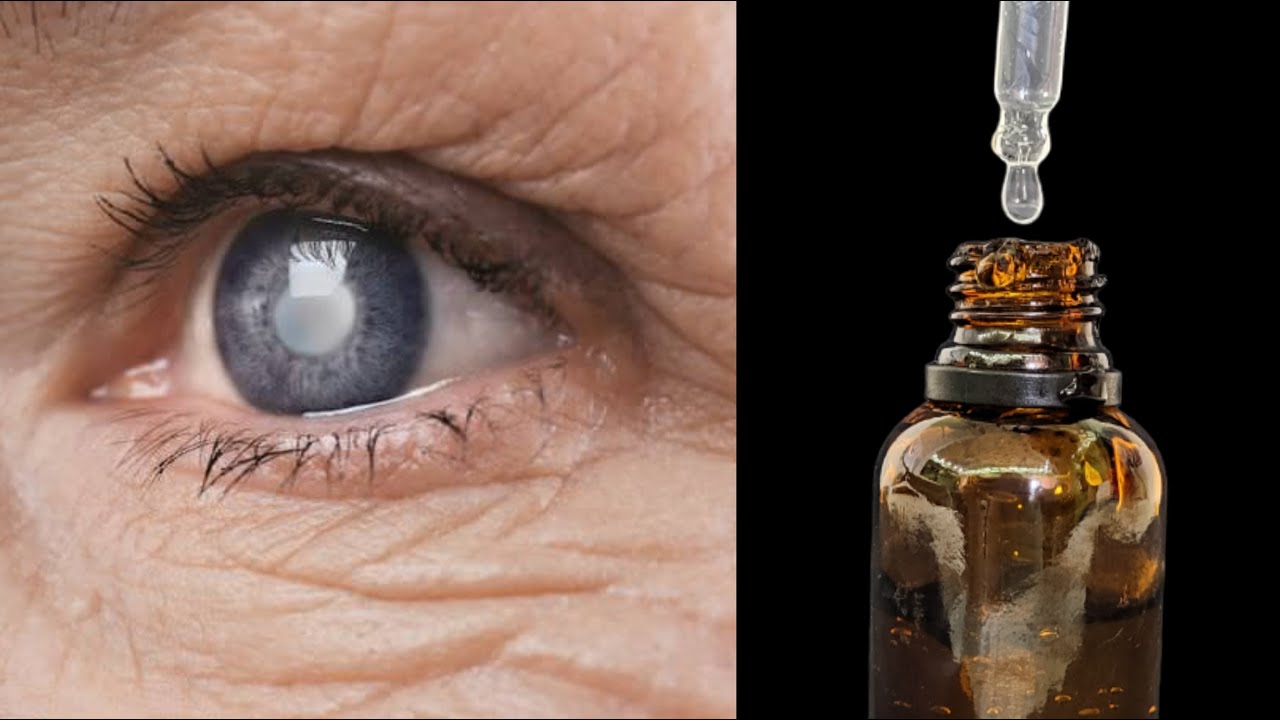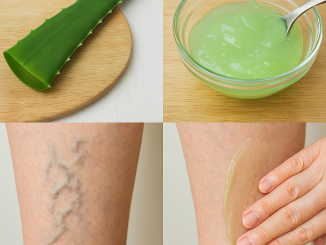
The idea that rosemary can “kill” cataracts and restore vision has gained popularity in natural health circles—but let’s set the record straight with a safe, natural approach. Rosemary has powerful anti-inflammatory and antioxidant properties, and when used properly, it may help relieve eye irritation, reduce oxidative stress, and support long-term eye health.
⚠️ First, a Note of Caution:
NEVER apply undiluted rosemary essential oil or raw extracts directly into the eyes. This can burn or damage sensitive eye tissue.
But there is a safe and gentle way to use rosemary for eye support—through diluted rosemary-infused eye rinse or compresses, prepared with care.
👁️ Benefits of Rosemary for Eye Health
- 🌿 Anti-inflammatory: Soothes puffy, red, or itchy eyes
- 🌿 Antioxidant-rich: Protects the eyes from oxidative damage (linked to cataracts & aging)
- 🌿 Circulation booster: Improves blood flow to the eyes
- 🌿 Antimicrobial: May help reduce mild eye infections and irritation
💧 DIY Rosemary Eye Rinse (Safe, Gentle, and Refreshing)
Ingredients:
- 1 cup filtered or distilled water
- 1 teaspoon dried rosemary leaves (organic)
Instructions:
- Boil the water and add the rosemary leaves.
- Simmer for 5–7 minutes, then let steep another 10 minutes.
- Strain very well using a coffee filter or cheesecloth (no particles left behind).
- Let it cool completely before use.
🧼 How to Use:
✅ Option 1: Eye Compress
- Soak a sterile cotton pad or cloth in the cooled rosemary tea.
- Apply gently over closed eyes for 10–15 minutes, 1–2 times daily.
✅ Option 2: Rinse (Only if sterile conditions are followed)
- Use a sterile dropper to place 1–2 drops on closed eyes and blink.
- Do this only if the tea is freshly made, strained properly, and cooled.
🔁 Frequency:
Use once or twice daily for 3–5 days during eye irritation. For long-term support, use as a weekly wellness practice.
✅ May Help With:
- Mild eye inflammation
- Eye strain and redness
- Dry, irritated eyes
- Supporting long-term eye clarity and comfort
❗ Important:
- Not a substitute for medical treatment of cataracts—consult your ophthalmologist for diagnosis and care
- Use clean tools, sterile containers, and fresh ingredients every time
- Discontinue if irritation occurs
Rosemary won’t “cure” cataracts overnight, but it’s a time-tested herb that can support clearer, more comfortable eyes naturally. When used safely, it’s a gentle gift from nature for your vision.


